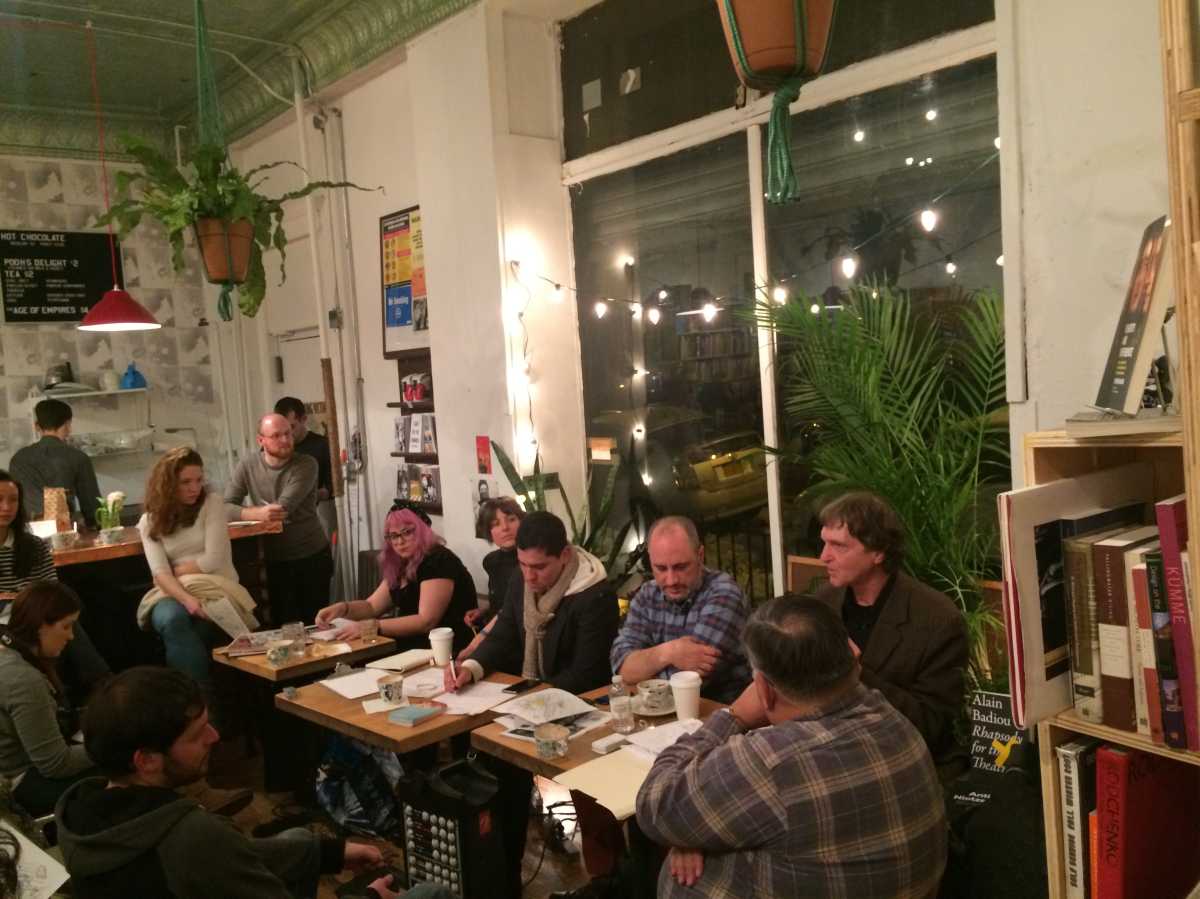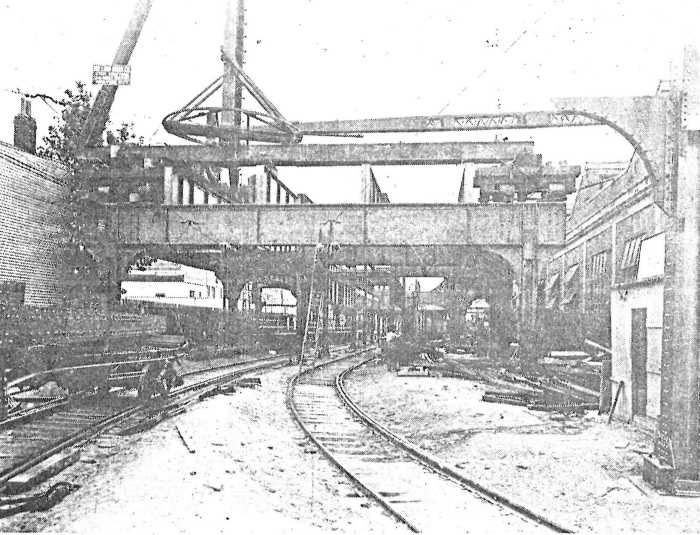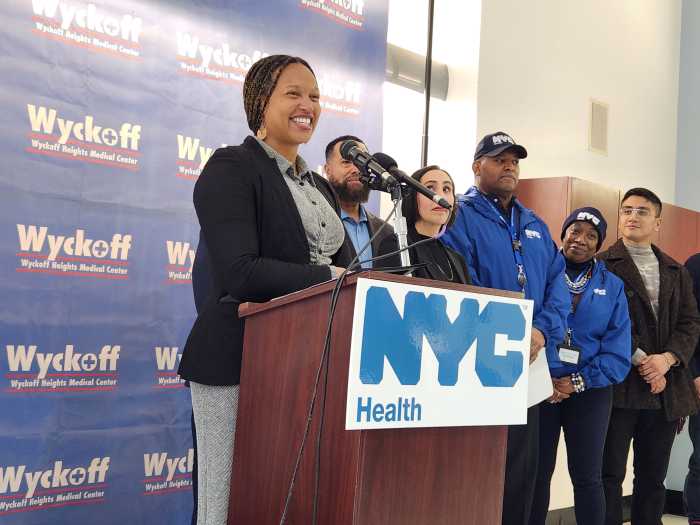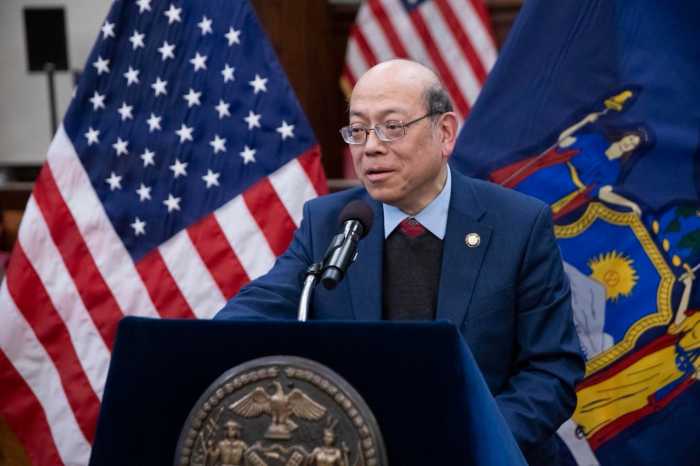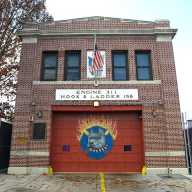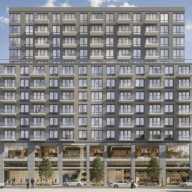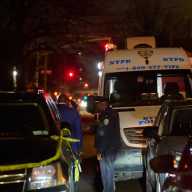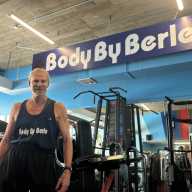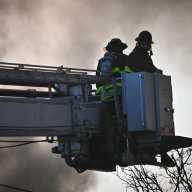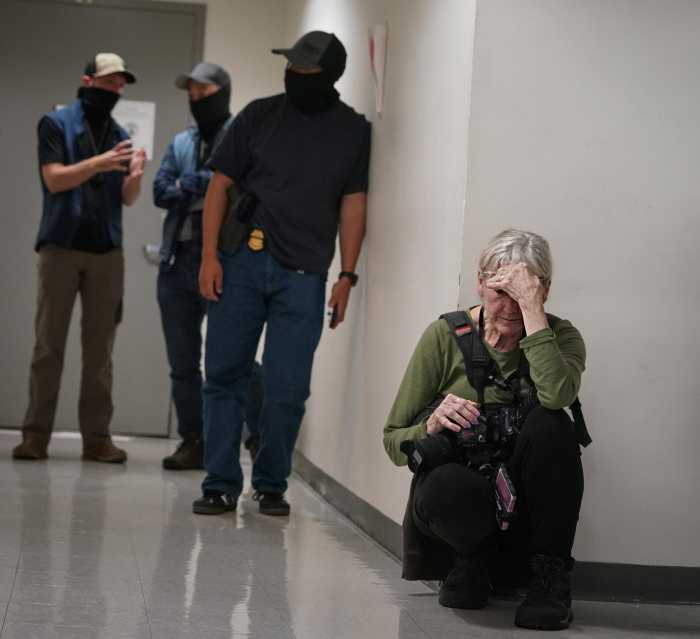Few neighborhoods in Queens are changing faster than Ridgewood, where new cafes and bars seem to spring up every week as a new generation floods into a community of longtime residents who’ve been around for decades.
Balancing that mix of old and new is the mission of a group of residents, both newcomers and old-timers, who met recently to talk about how to make the neighborhood work for all.
At Topos Bookstore Cafe, concerned residents joined six panelists, on Feb. 4, who all brought different knowledge of the neighborhood to a discussion about the future of it. The meeting focused on the important history that needs to be kept in the neighborhood, some of the new things on the rise there and ways for residents to control the future outlook of the neighborhood.
“Developers have a plan for Ridgewood,” said Stephanie Wakefield, one of the panelists at the meeting. “That plan is not necessarily good for us. We all know how it plays out, but we will only lose things in the neighborhood if we do nothing.”
Paul Kerzner, a longtime Ridgewood resident who was sitting on the panel, said that he and some other community activists anticipated this type of change over 20 years ago, which is why they took matters into their own hands at the time. He said that back then, he worked with government agencies to get most of the neighborhood rezoned in order to keep out any large developments and high-rise towers.
But he said with the increased demand for housing stock in the neighborhood, this rezoning is no longer enough to protect the community.
“We have to take the economic incentive away from the outside developers,” Kerzner said. “We have to get renters on a building-by-building basis to turn the buildings into a tenant co-op which would drive these big developers away.”
Another thing that the panelists discussed was that the neighborhood was becoming much less homogeneous. Ted Renz, another panelist at the meeting, said that this has done wonders for the Myrtle Avenue shopping district, which he believes can become a vibrant stronghold in the neighborhood’s local economy.
“With the new European cultures moving into the neighborhood, we got new night life on Myrtle,” said Renz. “Many of the old 99-cent stores are moving out and Myrtle Avenue is becoming a place to come shop and enjoy the entertainment.”
Henry Cross, the panelist who led the meeting, said he wanted to give residents ideas about how to move forward while keeping the community their own. He talked about the importance of social media and how the neighborhood has to use their digital presence to more of their advantage.
“As a community, it comes down to us working together to get what we want,” Cross said. “[Ridgewood] is a really great place to be in. It is incumbent upon us to adapt and change.”
RECOMMENDED STORIES
- City installing new traffic lights along Cross Bay and Woodhaven Boulevards
- Queens Courier acquires Ridgewood Times and Times Newsweekly
- Water purifier design selected for MoMA PS1’s 2015 warm up music series

